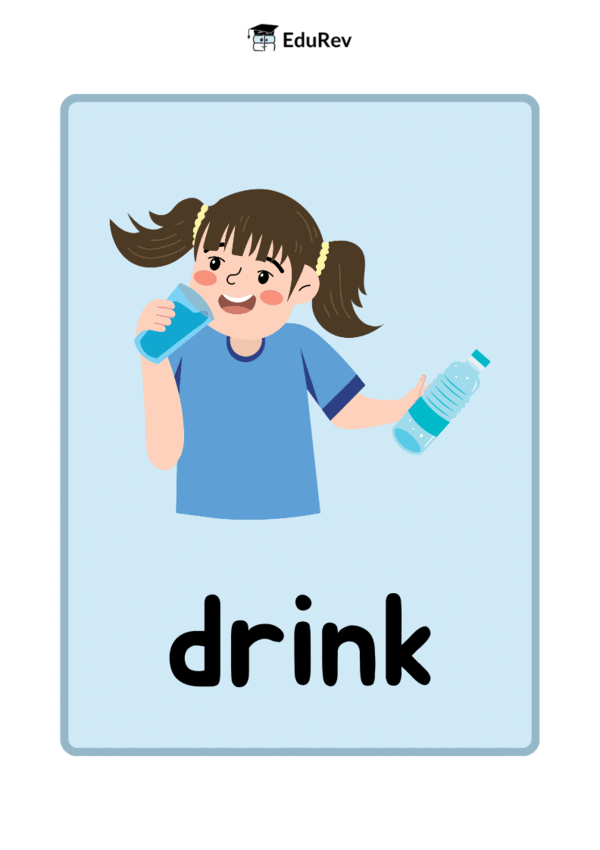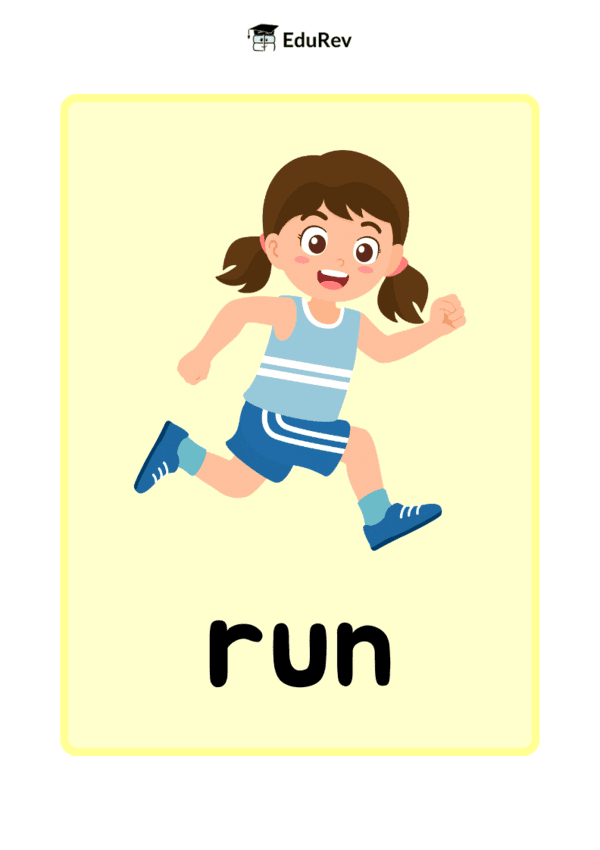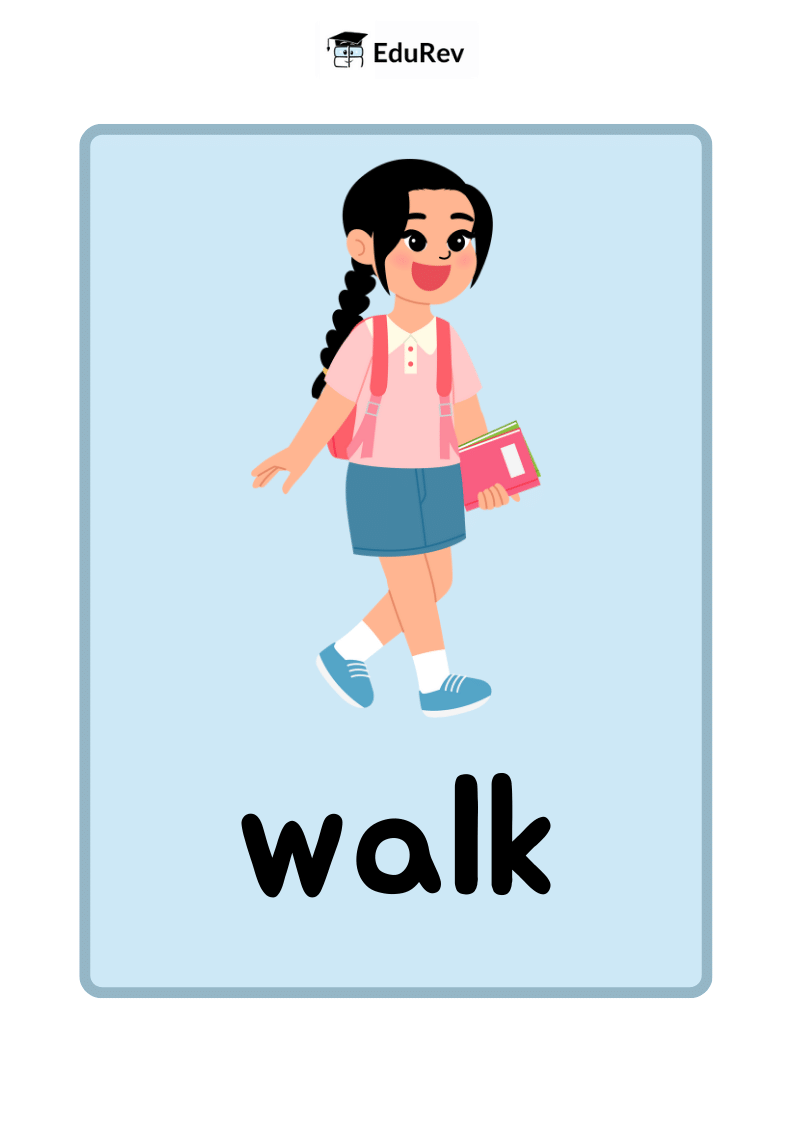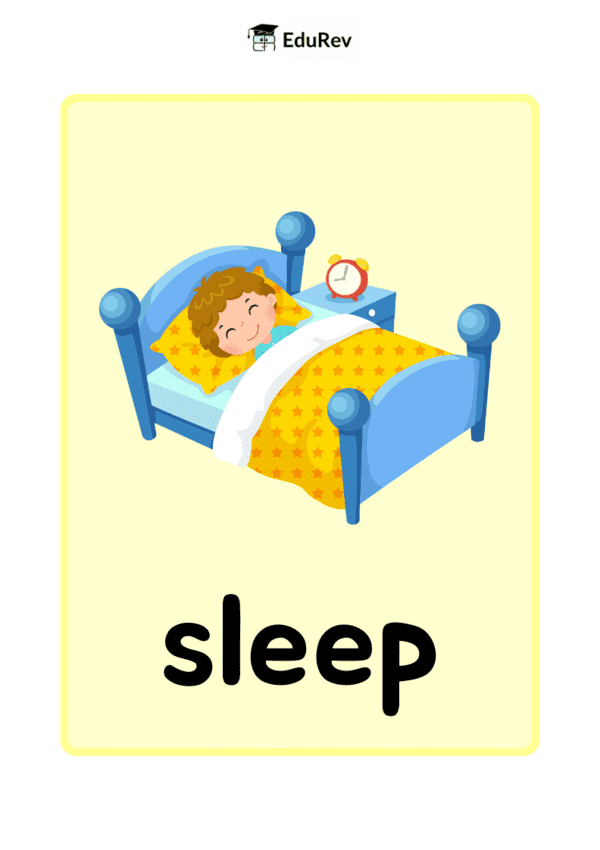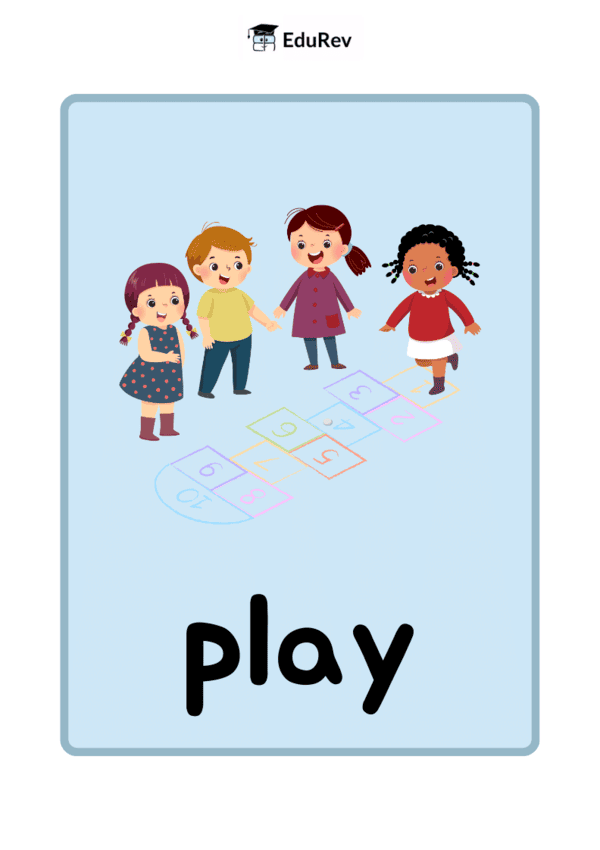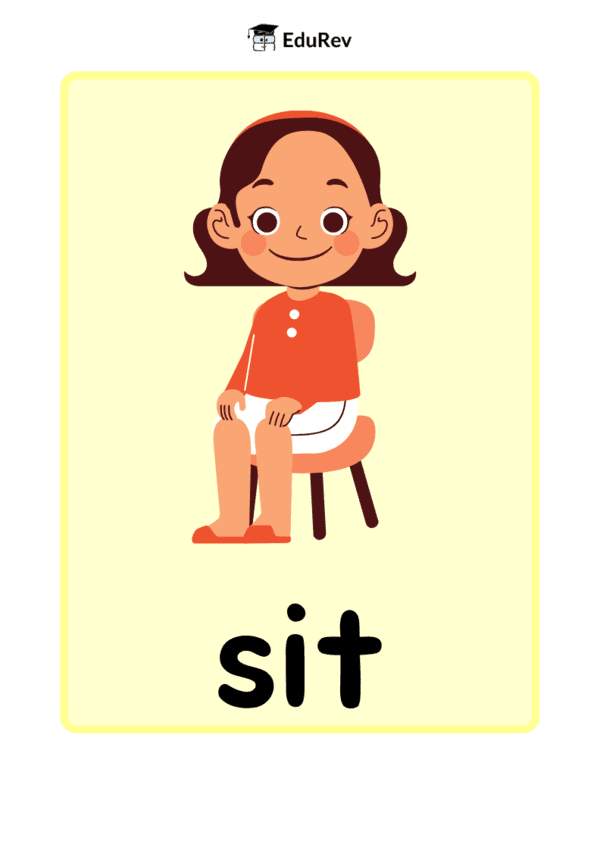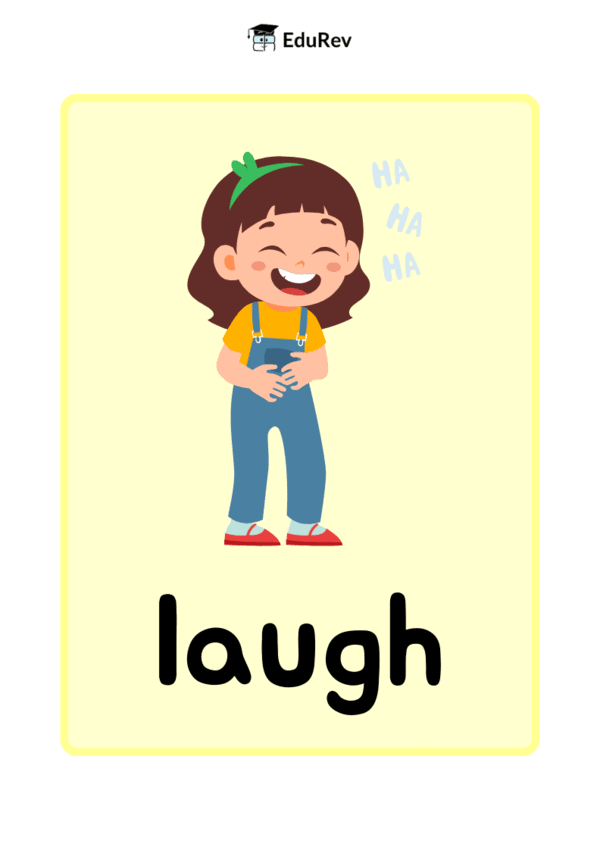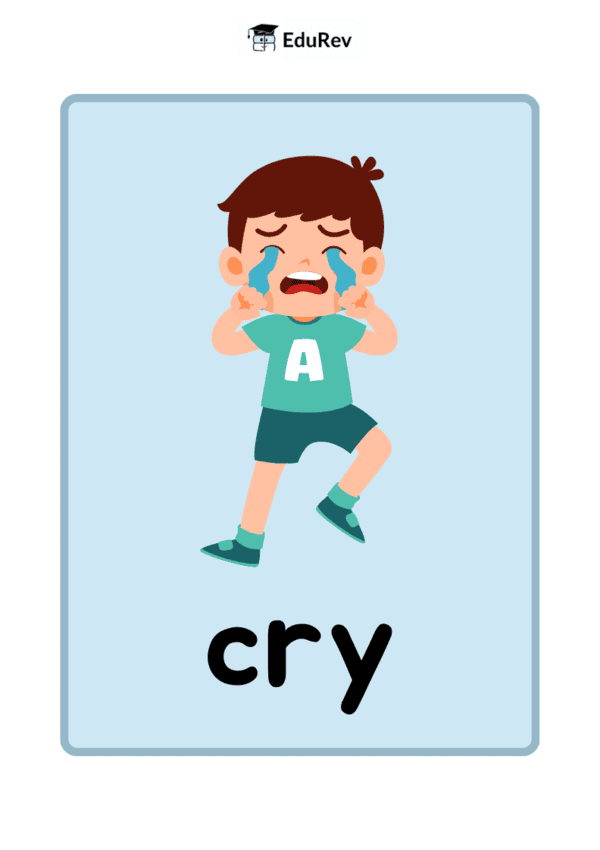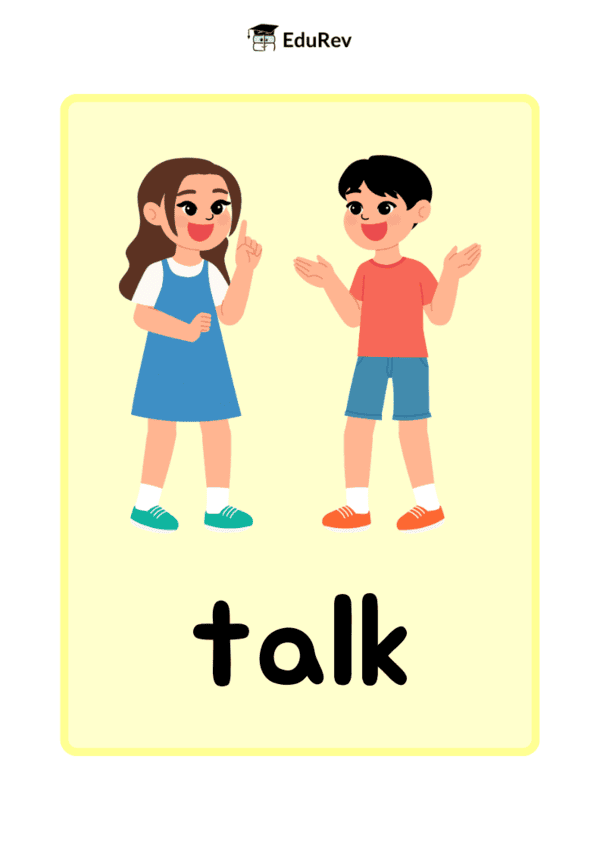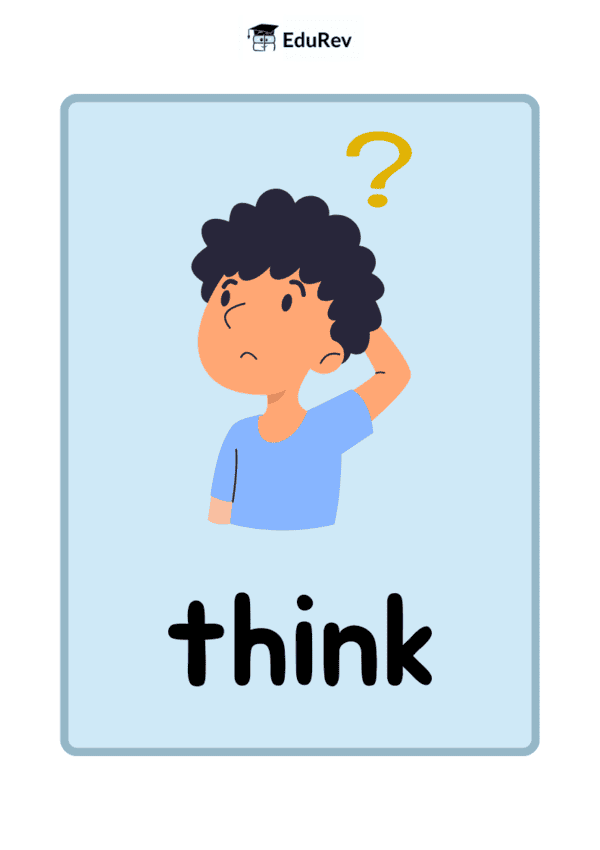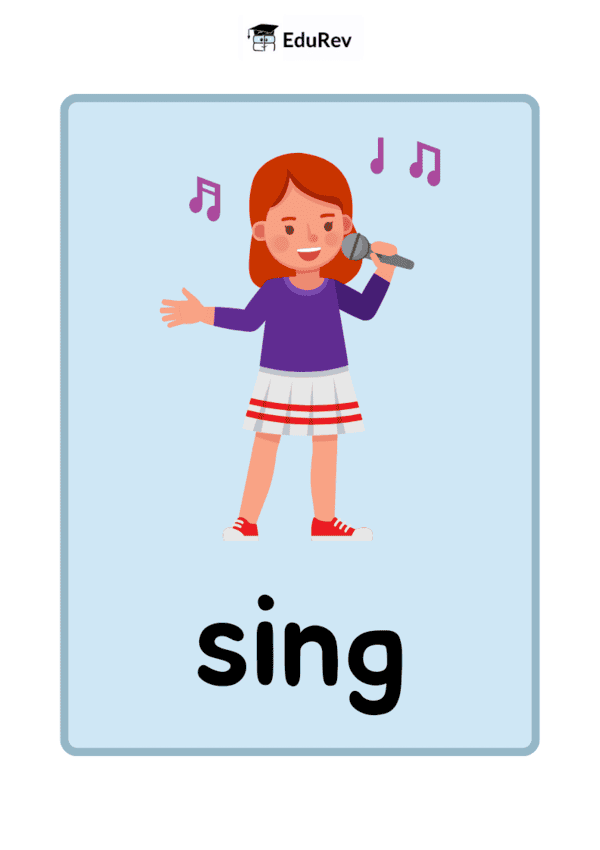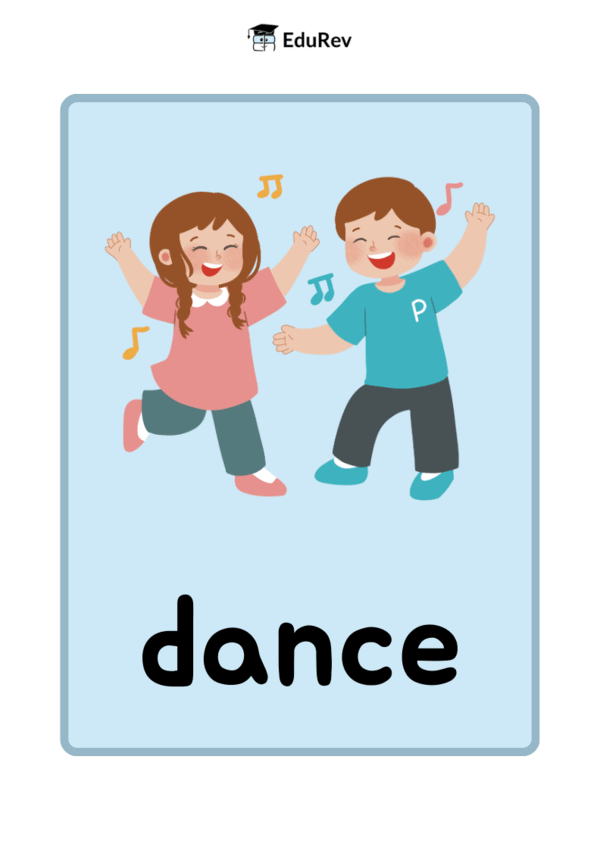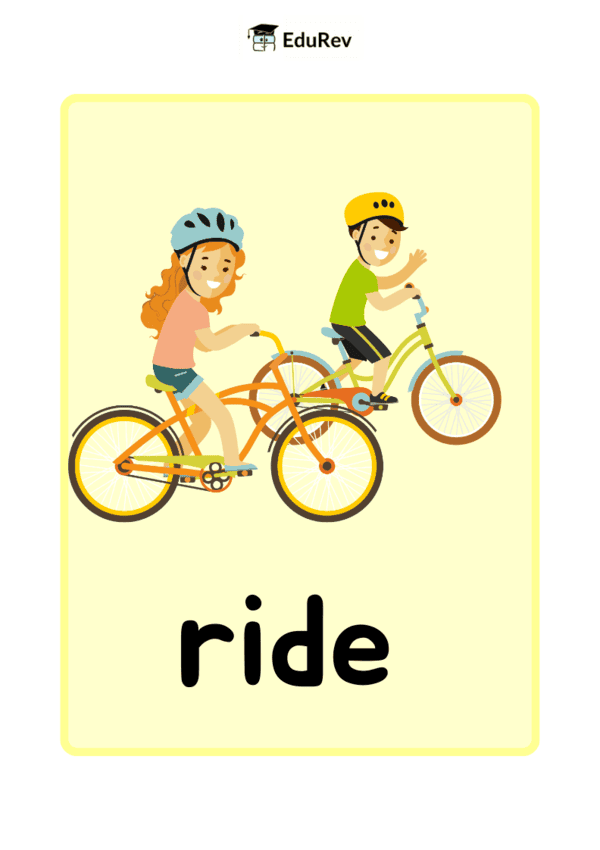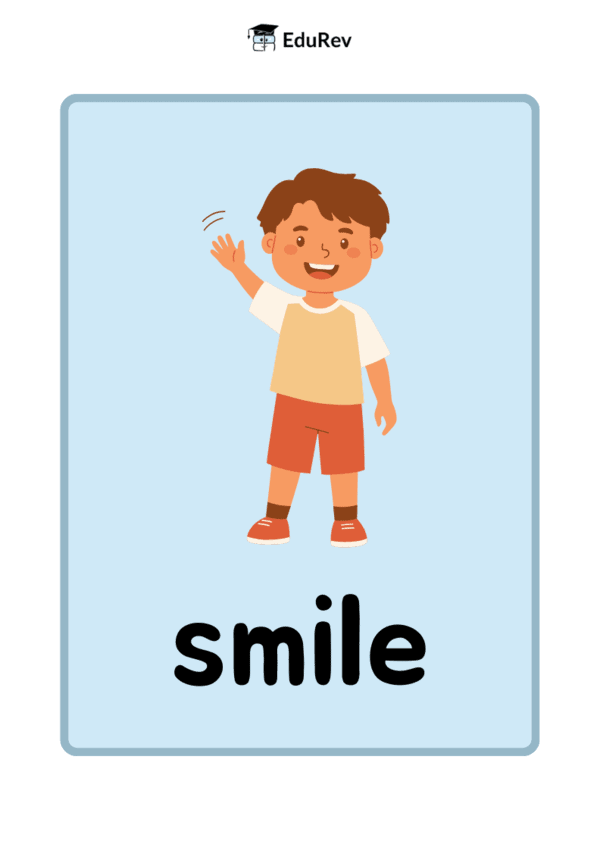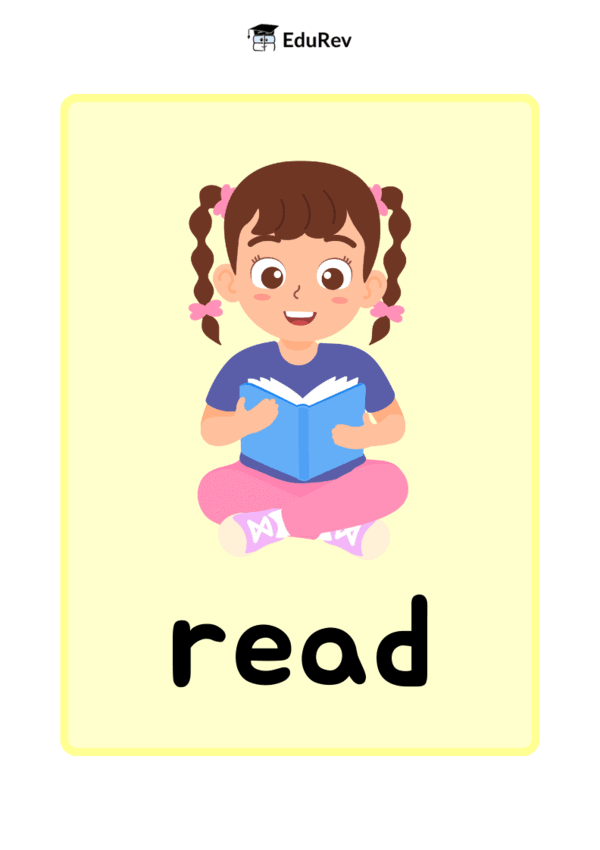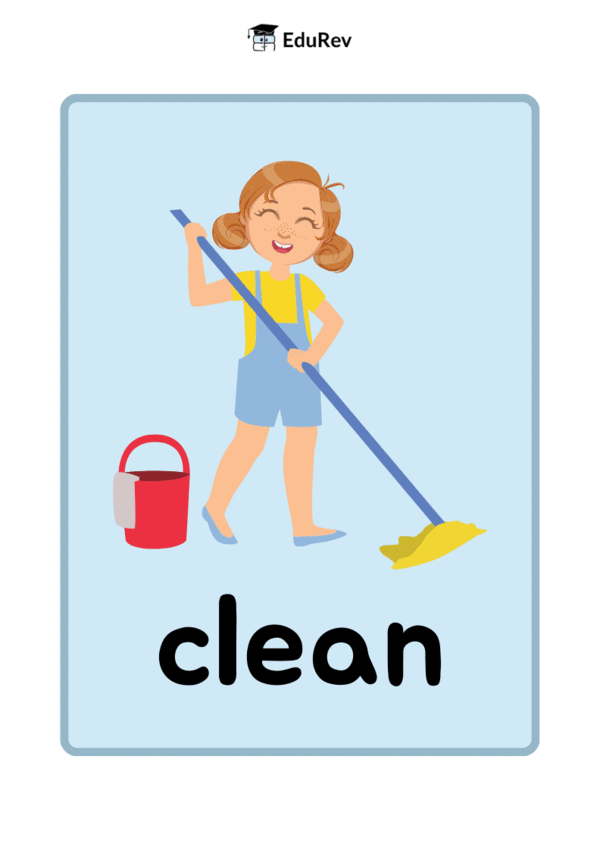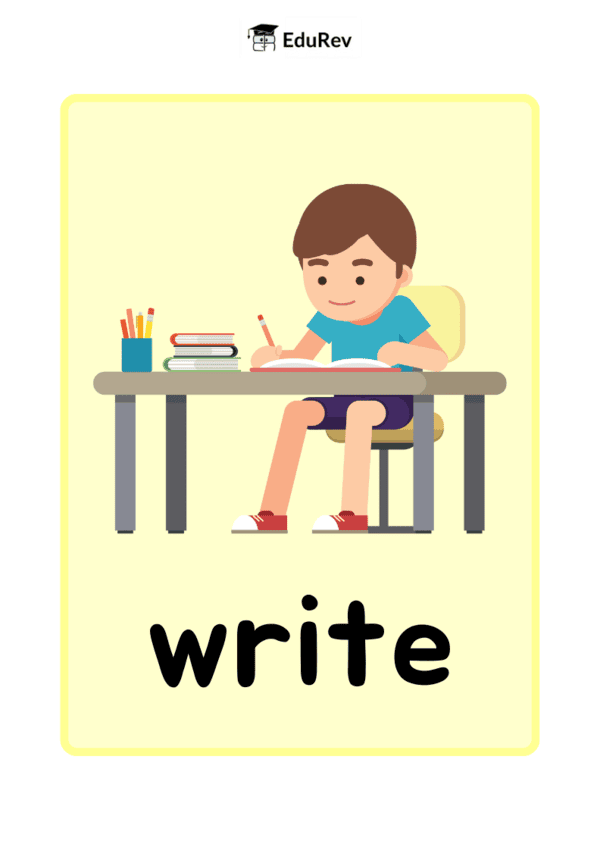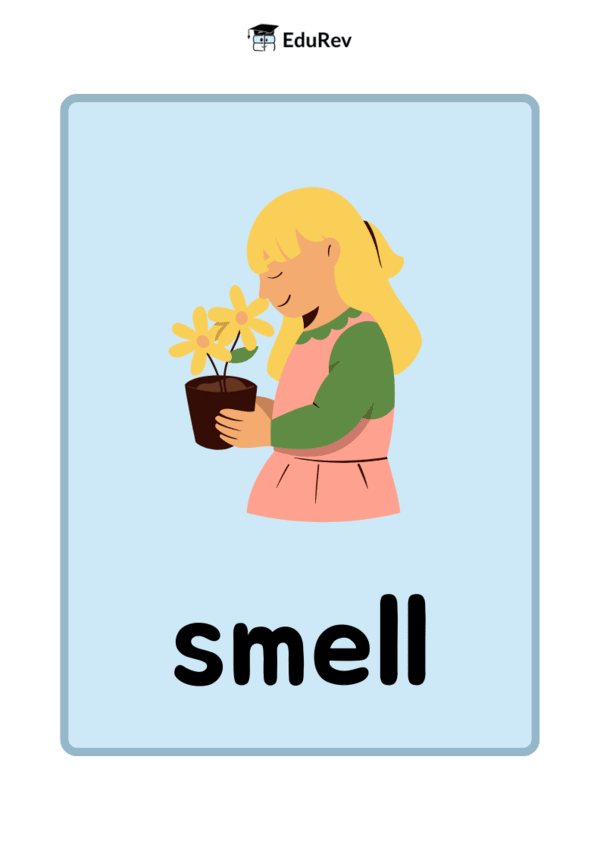 Unlock all Flashcards with EduRev Infinity Plan Starting from @ ₹99 only
|
Class 3 Exam > English Grammar Class 3 > Flashcards: Verb and Tense
|
28 videos|165 docs|27 tests
|
FAQs on Flashcards: Verb and Tense Flashcard - English Grammar Class 3
| 1. What are the different types of verbs in English and how do they function? |  |
Ans. In English, verbs can be categorized into three main types: action verbs, linking verbs, and auxiliary (helping) verbs. Action verbs express physical or mental actions (e.g., run, think), linking verbs connect the subject to a subject complement (e.g., is, seem), and auxiliary verbs help to form different tenses, moods, or voices (e.g., have, will). Understanding these types helps in constructing meaningful sentences.
| 2. How do verb tenses affect sentence meaning in English? |  |
Ans. Verb tenses indicate the time of action or state of being. The three primary tenses are past, present, and future. Each of these can be further divided into simple, continuous (progressive), perfect, and perfect continuous forms. For instance, "I eat" (present simple) suggests a regular action, while "I am eating" (present continuous) indicates an action currently in progress. Choosing the correct tense is crucial for clarity in communication.
| 3. What is the difference between regular and irregular verbs? |  |
Ans. Regular verbs follow a consistent pattern when forming their past tense and past participle, typically adding "-ed" (e.g., walk → walked). Irregular verbs do not follow this pattern and have unique forms (e.g., go → went). Knowing these differences is essential for proper verb conjugation in various tenses.
| 4. Can you provide examples of how to use different tenses in sentences? |  |
Ans. Certainly! Here are examples in different tenses:
- Present Simple: "She walks to school."
- Present Continuous: "She is walking to school."
- Past Simple: "She walked to school."
- Past Continuous: "She was walking to school."
- Future Simple: "She will walk to school."
- Future Continuous: "She will be walking to school."
These examples illustrate how the verb tense changes the timing and aspect of the action.
| 5. Why is it important to master verb tenses for language learners? |  |
Ans. Mastering verb tenses is vital for language learners because it enhances their ability to convey time-related nuances and complete thoughts effectively. Proper use of tenses allows learners to express when actions occur, whether they are ongoing, completed, or habitual, thereby improving both written and spoken communication skills.
Related Searches






